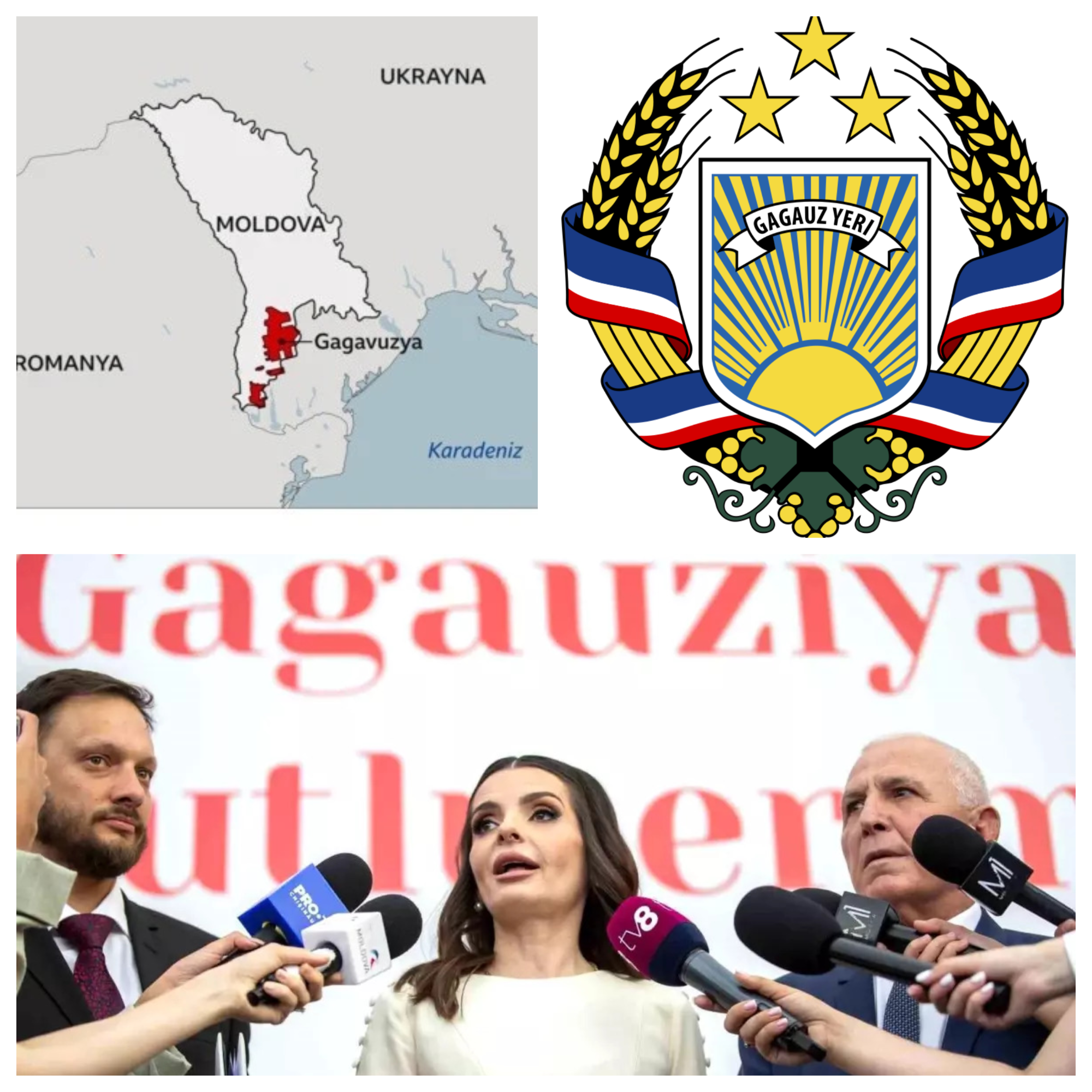
In our recent analysis of democratic developments in Moldova, we stated that the recent elections, in principle, marked a turning point in the country’s democratic journey, confirming a victory for reformist forces that campaigned on transparency, European integration, and institutional renewal. We also highlighted the country’s enduring vulnerabilities. We argued that Moldova’s resistance to polarization and its measured engagement with both Eastern and Western frameworks could serve as a regional model for developing balanced policy approaches in the transition zone from Eastern Europe to broader Eurasia.[1] In this context, it should be underlined that Moldova's most sensitive vulnerability stems from its recent stance regarding the Gagauz Autonomous Region.
According to reliable online news sources, in the 28 September election, out of 3,299,396 registered voters, 1,608,518 Moldovans casted their votes with a turnout of 52.21%, It is noted in this respect that 281,170 Moldovans voted from abroad—mainly from Italy, Germany, Romania, France, and the UK—making the diaspora vote an essential factor in the final result.[2]
In this overall picture, the main point both the Moldovan administration and the EU should carefully examine and be concerned about is that a party introduced as pro-EU and with a majority in Parliament received only 3% of the vote in Gagauzia, an autonomous region of Moldova. As mentioned in the western-oriented new sources, “the Gagauz are a Turkic people, but unlike most Turkic groups they are Eastern Orthodox Christians.”[3] They are described in such sources as “Gagauzians are a small Turkic-speaking minority in a country mostly comprised of ethnic Romanians, and this land has gone back and forth throughout history between Romanian and Russian power.”[4]
As a very brief reminder of their legal status in Moldova, without going into the details, Gagauz Turks are recognized as a people in Moldova with the autonomy status they gained in 1994. The Gagauz Autonomy Act of 1994 provides for the Special Status of Gagauzia/Gagauz-Yeri. According to its preamble, the Act aims to preserve the Gagauz national identity, foster the Gagauz language and culture, and secure political and economic independence for this nationality. Article 1 defines that, being a manifestation of the self-determination of the Gagauz people, Gagauz-Yeri is an autonomous unit of special status and, as such, an integral component of the Republic of Moldova, and grants collective rights to the minority. Legislation rests with the Assembly of Gagauz-Yeri. The highest-ranking administrative official of Gagauz-Yeri is the Governor (Bascan), who is directly elected by the territory's population for a 4-year mandate. The Autonomy Act also mentions Gagauz external self-determination. This right might be achieved if the Republic of Moldova's status as an independent state changes (i.e., if it unites with Romania).[5]
In relation to this brief background information, it should be mentioned that on August 5, 2025, the Moldovan court sentenced the governor (bashkan) of the Gagauzia autonomous region, Eugenia Guțsul, to a seven-year custodial sentence and a 40 million lei fine (approximately €2.28 million) for allegedly using illicit funds in an election campaign. She was elected to this office in 2023 for 4 years. She was considered and accused not only by Moldovan authorities but also by the EU as a "pro-Russian" politician. Moldovan police arrested Gutsul at Chișinău airport as she was boarding a flight to Türkiye.[6]
According to online sources, Guțsul denied the accusations, stating they were fabricated and politically motivated. She claimed the case aimed to remove her from her position and suppress the voices of Gagauzia’s voters, who are a Turkic, Orthodox Christian minority group. In her public statement, she alleged that the central government and President Maia Sandu’s Party of Action and Solidarity (PAS) were persecuting opposition members, influencing courts, and issuing politically motivated rulings to remain in power. She appealed to the United Nations to intervene, framing the case as a violation of democratic rights and regional self-government.[7] In fact, public reaction was also swift. Thousands gathered in Comrat, Gagauzia’s capital, and outside court buildings to protest. Religious leaders criticized the trial, calling it a political fabrication. The Moldovan Orthodox Church offered prayers for Guțsul, portraying her as someone wronged by injustice and political persecution.
The Gagauzia issue highlights the fragile aspects of Moldova's current political system. It could be argued that the Moldovan government's closeness to Western partners provides Moldova with advantages in establishing itself within the Western world. However, it is essential to note that an excessive pro-Western stance risks alienating considerable segments of the population, particularly Russian-speaking communities and the Orthodox Church. In this context, it is crucial to remember that the Gagauz have a strong Turkish identity, are closely monitored by the Turkish public opinion, and that victimizing them as a minority of Turkish origin in Eastern Europe will cause dissatisfaction in Türkiye.
[1] Teoman Ertuğrul Tulun. Reforming Moldova: Stability Through Constructive Eurasianism. AVİM Analysis No: 2025/24. 24.10.2025. https://avim.org.tr/en/Analiz/REFORMING-MOLDOVA-STABILITY-THROUGH-CONSTRUCTIVE-EURASIANISM
[2] The News Union Post. Pro-EU forces secure absolute majority in Moldova elections amid polarisation. 29 September 2025. https://newunionpost.eu/2025/09/29/results-elections-moldova-2025-pro-eu/
[3] The News Union Post. The EU does not know how to address national minorities in Moldova. And the elections have only confirmed this. 3 October 2025. https://newunionpost.eu/2025/10/03/moldova-gagauzia-minorities-eu-russia/
[4] The World. Why this minority group in Moldova is so resistant to the country’s shift toward the EU. April, 3, 2025. https://theworld.org/stories/2025/04/03/why-this-minority-group-in-moldova-is-so-resistant-to-the-countrys-shift-toward-the-eu
[5] Levente, Benkö. Autonomy in Gagauzia: A Precedent for Central and Eastern Europe. https://web.archive.org/web/20030320054646/http://www.east-west-wg.org/cst/cst-mold/levente.html
[6] The Guardian. Moldovan regional leader sentenced to seven years in prison over Russian funding. https://www.theguardian.com/world/2025/aug/05/moldova-gagauzia-yevgenia-gutsul-sentenced
[7] SpecialEurasia. Geopolitical Intelligence & RiskAssessment. Geopolitics of Gagauzia and Moldova’s EU Aspiration. https://www.specialeurasia.com/2025/09/19/gagauzia-moldova-elections/
© 2009-2025 Center for Eurasian Studies (AVİM) All Rights Reserved
No comments yet.
-
 WORRYING RISE IN ANTI-MUSLIM RACIST DISCOURSE IN INDIA
WORRYING RISE IN ANTI-MUSLIM RACIST DISCOURSE IN INDIA
Teoman Ertuğrul TULUN 29.11.2022 -
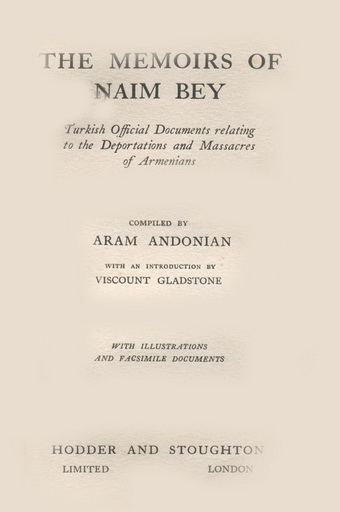 DISTORTING THE HISTORY THROUGH THE REALNESS OF NAİM BEY
DISTORTING THE HISTORY THROUGH THE REALNESS OF NAİM BEY
Teoman Ertuğrul TULUN 04.01.2017 -
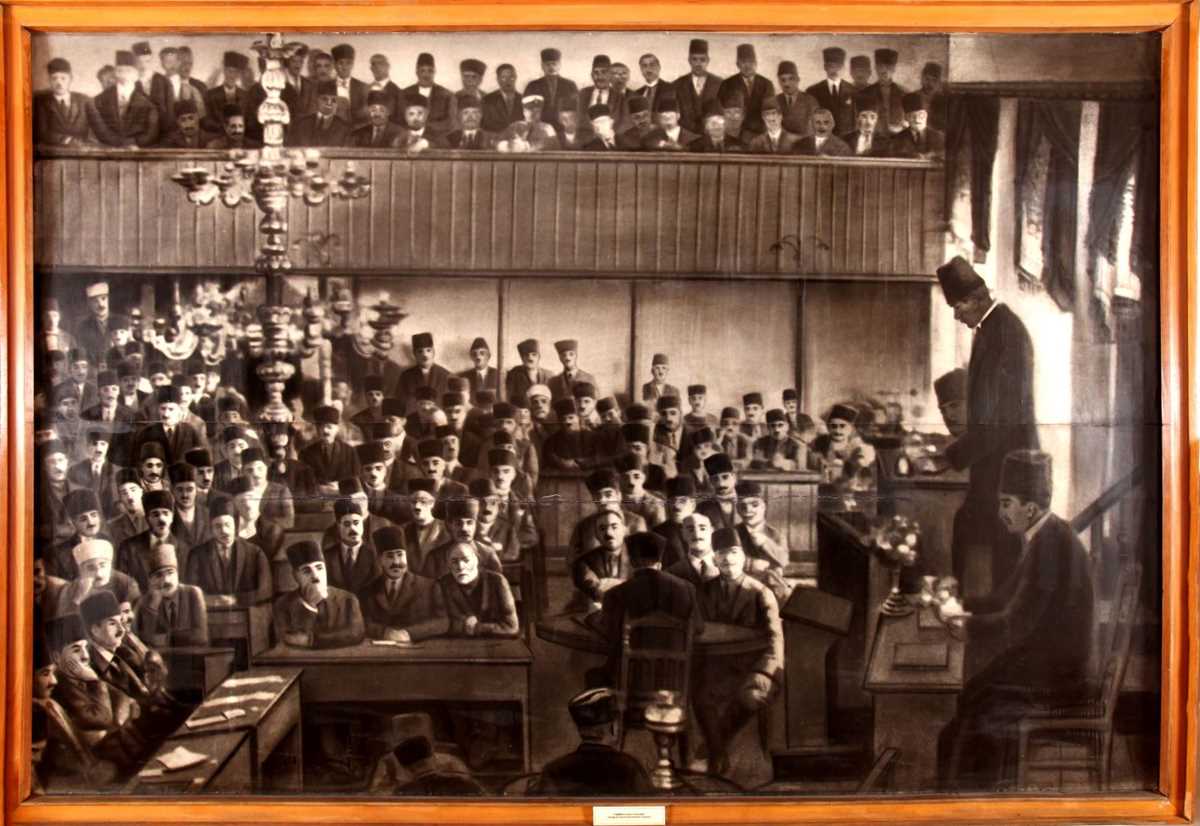 TÜRKİYE PROUDLY CELEBRATING THE CENTENNIAL OF THE SIGNING OF THE LAUSANNE PEACE TREATY
TÜRKİYE PROUDLY CELEBRATING THE CENTENNIAL OF THE SIGNING OF THE LAUSANNE PEACE TREATY
Teoman Ertuğrul TULUN 24.07.2023 -
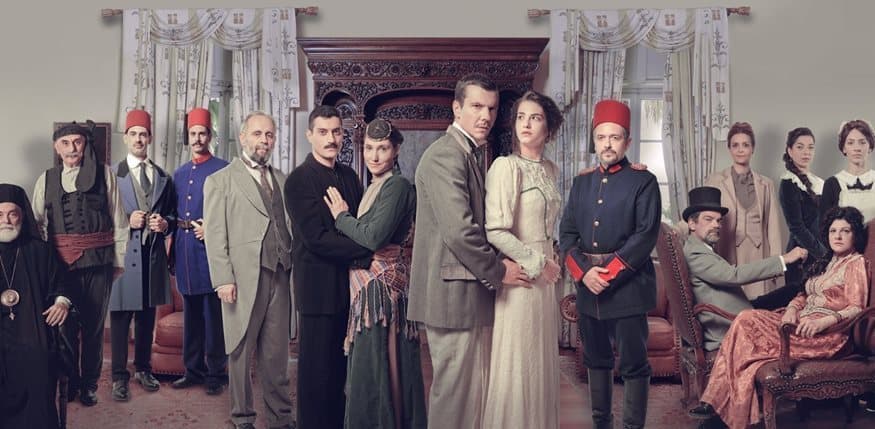 A GREEK PONTUS TV DRAMA MAKES MOCKERY OF HISTORICAL FACTS
A GREEK PONTUS TV DRAMA MAKES MOCKERY OF HISTORICAL FACTS
Teoman Ertuğrul TULUN 31.08.2020 -
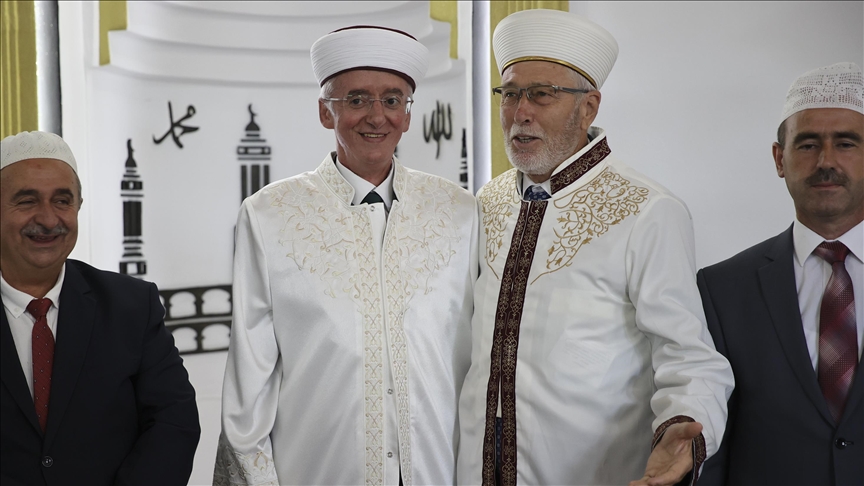 RELIGIOUS ASSIMILATION POLICIES IN GREECE: PRESSURE ON TURKISH MUFTIS AS A CONTINUATION OF MINORITY RIGHTS VIOLATIONS
RELIGIOUS ASSIMILATION POLICIES IN GREECE: PRESSURE ON TURKISH MUFTIS AS A CONTINUATION OF MINORITY RIGHTS VIOLATIONS
Teoman Ertuğrul TULUN 21.08.2025
-
BULGARIA’S REQUEST FOR COMPENSATION (II)
Ömer Engin LÜTEM 07.01.2010 -
PRESIDENT OBAMA’S 24 APRIL STATEMENT - Ömer Engin LÜTEM
Ömer Engin LÜTEM 25.04.2012 -
DRAFT RESOLUTION ON “GENOCIDE” IN THE US SENATE (II)
Ömer Engin LÜTEM 14.04.2014 -
 SOSE “MAYRIG” VARTANIAN: A “FIGHTING HEROINE MOTHER” FOR THE RADICAL ARMENIANS
SOSE “MAYRIG” VARTANIAN: A “FIGHTING HEROINE MOTHER” FOR THE RADICAL ARMENIANS
Ahmet Can ÖKTEM 17.02.2021 -
ARMENIA AND THE ARMENIAN DIASPORA
Alev KILIÇ 08.10.2012
-
25.01.2016
THE ARMENIAN QUESTION - BASIC KNOWLEDGE AND DOCUMENTATION -
12.06.2024
THE TRUTH WILL OUT -
27.03.2023
RADİKAL ERMENİ UNSURLARCA GERÇEKLEŞTİRİLEN MEZALİMLER VE VANDALİZM -
17.03.2023
PATRIOTISM PERVERTED -
23.02.2023
MEN ARE LIKE THAT -
03.02.2023
BAKÜ-TİFLİS-CEYHAN BORU HATTININ YAŞANAN TARİHİ -
16.12.2022
INTERNATIONAL SCHOLARS ON THE EVENTS OF 1915 -
07.12.2022
FAKE PHOTOS AND THE ARMENIAN PROPAGANDA -
07.12.2022
ERMENİ PROPAGANDASI VE SAHTE RESİMLER -
01.01.2022
A Letter From Japan - Strategically Mum: The Silence of the Armenians -
01.01.2022
Japonya'dan Bir Mektup - Stratejik Suskunluk: Ermenilerin Sessizliği -
03.06.2020
Anastas Mikoyan: Confessions of an Armenian Bolshevik -
08.04.2020
Sovyet Sonrası Ukrayna’da Devlet, Toplum ve Siyaset - Değişen Dinamikler, Dönüşen Kimlikler -
12.06.2018
Ermeni Sorunuyla İlgili İngiliz Belgeleri (1912-1923) - British Documents on Armenian Question (1912-1923) -
02.12.2016
Turkish-Russian Academics: A Historical Study on the Caucasus -
01.07.2016
Gürcistan'daki Müslüman Topluluklar: Azınlık Hakları, Kimlik, Siyaset -
10.03.2016
Armenian Diaspora: Diaspora, State and the Imagination of the Republic of Armenia -
24.01.2016
ERMENİ SORUNU - TEMEL BİLGİ VE BELGELER (2. BASKI)
-
AVİM Conference Hall 24.01.2023
CONFERENCE TITLED “HUNGARY’S PERSPECTIVES ON THE TURKIC WORLD"









